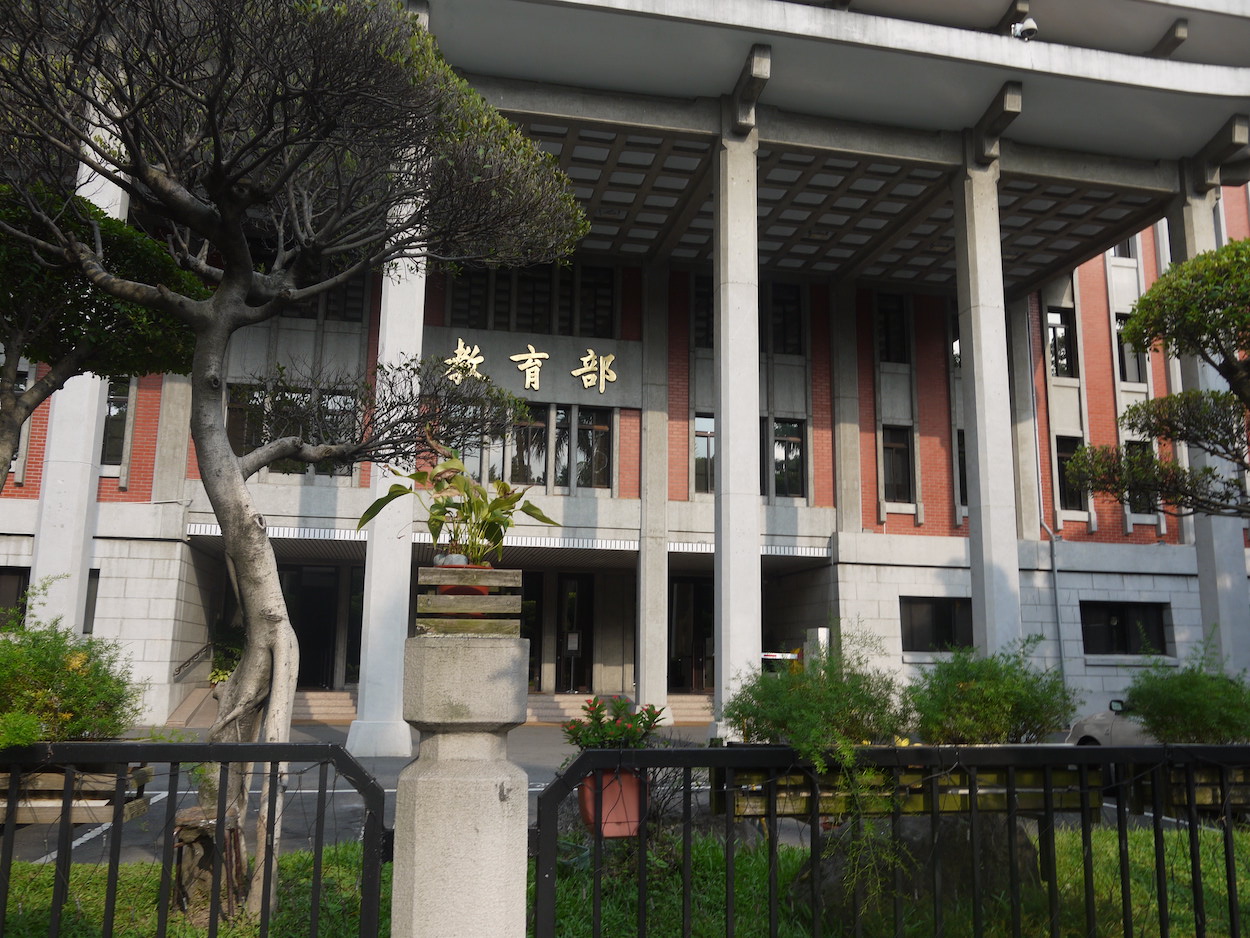by Brian Hioe
語言:
English
Photo Credit: Tsai Ing-wen/Facebook
THE TSAI ADMINISTRATION’S Bilingual 2030 policy continues to come under fire from teachers’ groups, as well as both pan-Blue and pan-Green politicians, ahead of legislative review for the establishment of a “Bilingual Nation Development Center”.
In particular, the National Federation of Teachers Unions, as well as Institute for Advanced Studies in the Humanities and Social Sciences at National Taiwan University dean Liao Hsien-hao held a press conference late last month to criticize the plan. Lawmakers Chen I-hsin of the KMT and Claire Wang of the NPP were also present.
In his comments, Liao cited that English proficiency is not necessarily a precondition for economic success in the Asia Pacific, even if the Tsai administration has framed the Bilingual 2030 policy as aimed at boosting Taiwan’s competitiveness internationally. Likewise, Liao brought up that advancements in artificial technology in the next decade might make it easier to communicate across languages.
More generally, the Tsai administration’s push for bilingual language policy has faced criticisms in past years on a number of fronts. One common criticism has been that the Bilingual 2030 policy privileges English over native languages, such as Taiwanese Hokkien, Hakka, and Indigenous languages, at a time when such languages are already under threat.
Another common criticism is regarding the improbability of the policy succeeding. Other bilingual countries in which English is an official language are largely former colonies of English-speaking Western powers, such as the US and the UK. Consequently, Taiwan is not a historically English-speaking country, even if it has its aims set on boosting competitiveness with Hong Kong and Singapore through promoting English-language education.
 The Ministry of Education. Photo credit: Chi-Hung Lin/WikiCommons/CC BY-SA 3.0
The Ministry of Education. Photo credit: Chi-Hung Lin/WikiCommons/CC BY-SA 3.0
Some calls, then, have been for the Tsai administration to instead promote a multilingual language policy rather than an exclusive focus on English.
Pushback against the original Bilingual Nation 2030 policy eventually led the policies to be rebranded as Bilingual 2030. However, the amended policy has continued to face many of the same criticisms.
Although few critics of the bilingual language policy advanced by the Tsai administration deny that improving English proficiency in Taiwan would be useful, bilingual language policy by way of “Bilingual Nation 2030” and “Bilingual 2030” have been criticized as unnecessarily complicating the work of teachers.
Namely, there are not very clear standards for improving English proficiency among students, as well as having enough educators with proficient English to teach students. Likewise, the policy has been criticized for failing to provide clear educational materials that teachers can use for teaching or assessing English capacity.
The original proposition for bilingual language policy would have entailed making English an official language. This came under fire, however, because of the complexities of duplicating official documents at all levels of government in English, which would have proved a logistical impossibility.
Consequently, the idea seems to have been quietly dropped, even if the Tsai administration still maintains a focus on promoting bilingual language policy in education. At this point, it is unclear whether this policy is advanced with concrete aims in mind, or if the Tsai administration hopes to tout this as a political accomplishment before the end of its term.
At the same time, schools across Taiwan have begun touting English education nonetheless. This takes place due to the fact that Taiwan’s declining birthrate means that many educational institutions face a lack of students, risking closures. A contributing factor is that Taiwan saw an explosion in the number of colleges and universities from 28 in 1985 to 145 by 2005, resulting in there being too many educational institutions than is needed. In many cases, schools with insufficient enrollment have begun to turn toward students from Southeast Asian countries, offering more English language courses as a result. This dovetails with the government pressing harder on the issue of promoting English language education with Taiwanese students in mind.

